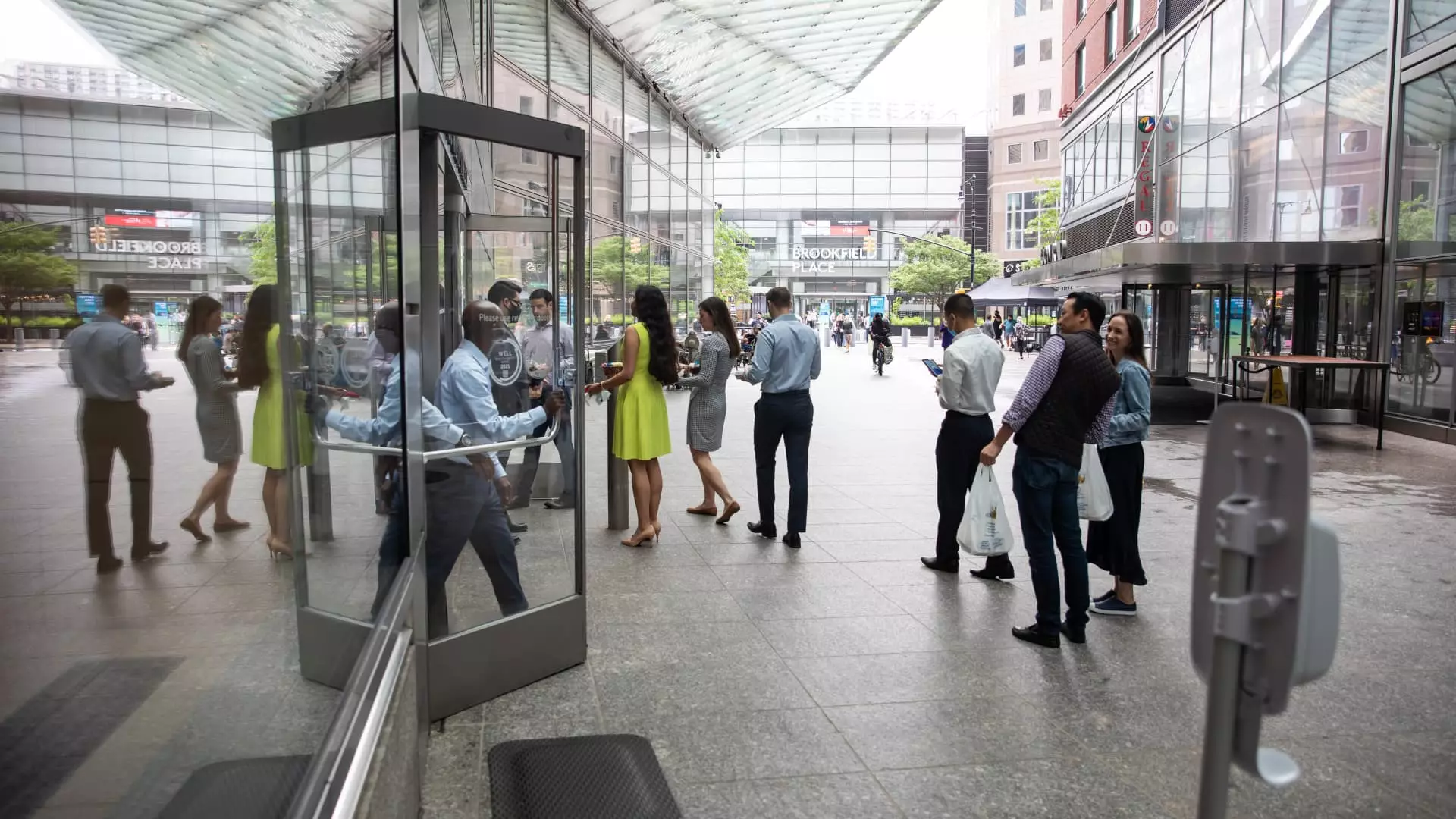In an increasingly unpredictable economic landscape, a staggering 62% of CEOs surveyed anticipate an impending recession in the United States. This figure isn’t just a reflection of concerns; it indicates a growing consensus among America’s business elite that we are teetering on the brink of an economic downturn. This rising sentiment, up from 48% just a month earlier, suggests that even the most optimistic leaders are beginning to buckle under pressure. The implications of this data, collected by Chief Executive, are significant. They hint at a collective unease that is beginning to permeate through the ranks of corporate America, raising questions about resilience and strategy in the face of uncertainty.
The corporate sector, particularly at the executive level, is not known for its proclivity toward hyperbole. When a majority of CEOs express dire predictions about the economic future, it warrants serious consideration. This level of pessimism can breed paralysis among businesses, stagnating decisions on investment, hiring, and expansion. Who can blame them? With the volatility perpetuated by on-again-off-again tariff policies that have created chaos in financial markets, these leaders are forced to rethink their frameworks.
The Weeds of Tariff Turmoil
The survey made it abundantly clear that the leaders of major companies view tariffs as a potential poison pill for their businesses. Approximately three-fourths of CEOs contended that these trade barriers would inflict financial wounds by 2025. More than half expect that their costs will skyrocket, with many projecting double-digit increases. In an environment where profit margins are already being attacked, such predictions paint a bleak picture. The erratic nature of President Trump’s trade policies has only exacerbated this anxiety, leading many executives to question the viability of their strategic plans.
Even though tariffs on certain consumer electronics like smartphones and PCs offered a brief glimmer of relief, they still represent a temporary reprieve rather than a sustainable solution. The overall hesitancy to embrace these measures reflects a need for clarity that is all too often absent in policy discussions. The economic landscape demands consistency and predictability—qualities that our current environment sorely lacks. Without such stability, businesses may innovate less and hunker down in fear.
Business Conditions: A Glass Half Empty?
One chilling statistic that emerged from the gathering data was a massive 29% decline in the perception of overall business conditions since the end of 2024. The index measuring CEOs’ views dropped 9% in just one month, signaling underlying economic fatigue. It is alarming to see leader sentiment so low, especially considering this metric had not dipped to such depths since the tumultuous early days of the COVID-19 pandemic.
While there was a slight uptick in the number of executives predicting better conditions over the coming year, the long-term outlook remains grim. When the health of this index mirrors sentiments akin to a near recession, you can’t help but wonder whether such optimism is just wishful thinking. The contrast between the current state of affairs and CEOs’ prior expectations reveals an unsettling divergence. The reality is that economic growth hinges upon a multitude of factors, and many CEOs are simply clutching at straws while hoping for a miracle.
The S&;P 500 Dilemma: A Broader Economic Risk
Alarm bells are sounding, with prominent figures like Jamie Dimon of JPMorgan Chase cautioning that earnings estimates for S&P 500 companies are likely to decline, owing to the uncertainty surrounding these tariffs. Larry Fink, CEO of BlackRock, further underscores these fears by suggesting that the economy could already be in a weakened state, heading toward negative growth. If such influential leaders are openly bracing for impact, what does that signal for startups and mid-sized companies who are already feeling the strain?
The consensus among these corporate leaders suggests a brewing storm. In a climate where 37% of CEOs still believe their profits will increase—a sharp drop from 76%—we must question what leads to such dichotomy in outlooks. The prospects don’t seem encouraging as inflation looms, and economic instability reigns supreme.
This moment serves as a stark reminder that the economy operates as a delicate balance, easily disrupted by erratic policies and external shocks. Those at the helm of major corporations have an invaluable perspective, yet their shared trepidation should serve as a clarion call for policymakers: an effort to stabilize the economic ship must take precedence over ideological squabbles. In an environment swarming with uncertainty, taking decisive action to foster confidence—the bedrock of any thriving economy—should not just be a goal, but a pressing necessity.

